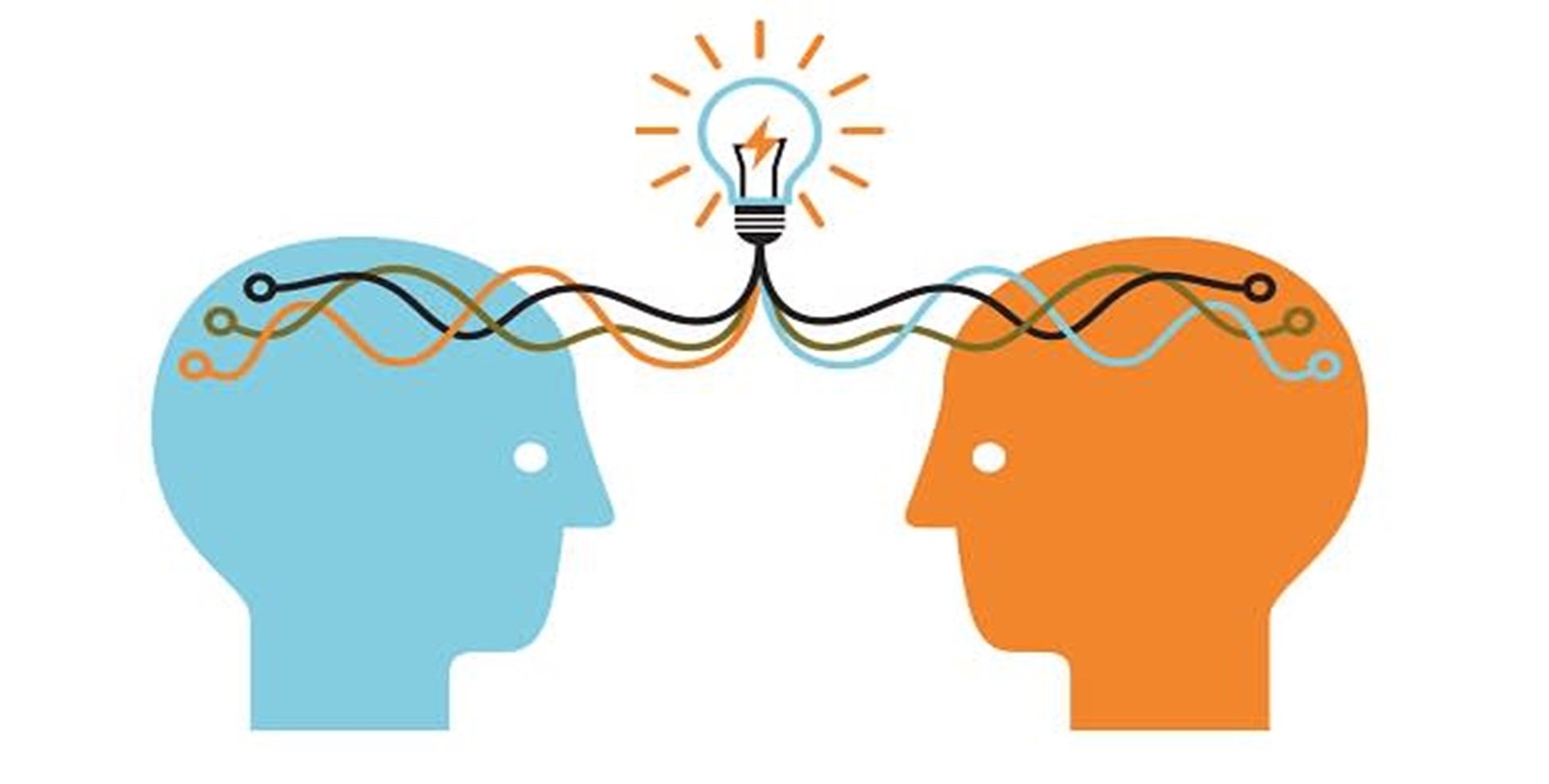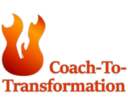

The significance of Coaching in Leadership Development
- Oct 06th 2022
Today, we are in a world where most organisations are operating with hugely ambitious goals in terms of both profitability and sustainability. Establishing a unique yet relatable brand value also becomes a top agenda for most organisations. Driving empathy as a way of life and showing care for employees by means of people friendly policies and enhanced benefits have also taken a forefront. With multiple front-running agendas that are constantly competing with each other, senior management and HR leadership have realised that employees who stay longer and grow within the organisation can have a massive impact on not just achieving greater results but also in building a strong culture in the organisation. Hence, the trend of looking inward for developing top leaders than hiring from outside has caught the attention of management and HR like never before.
A leader who is groomed from within will understand the company’s cultural nuances better and at the same time will have invaluable insights into operations and historically established ways of working. By virtue of having grown with the organisation, the person will also have the right skills around influencing and stakeholder management. However, the biggest challenge that L&D teams come across is about bringing the mind-set shift as an employee progresses from middle management to senior management. The apprehension of cascading their decision making powers and empowering their next in line to assume authority and take responsibility acts as a major deterrent for their growth.
Traditionally, leadership development programs have focussed more on putting participants through assessment centres, training (primarily management development programs from premiere B-schools), secondments or stretch assignments and mentorship with existing senior leaders. However to address the challenge of mind-set shift and encourage participants to improvise on their existing ways of working and move ahead and embrace the role of a bigger leader, it’s imperative to look beyond the traditional learning methodologies. It becomes difficult for young leaders to pass on the baton to their next in line, as it involves decentralisation of power and a higher degree of risk taking. That’s when the role of an Executive Coach comes into picture who can make the participant think beyond what they have thought so far and open up new perspectives and directions for them through conversations in a structured, safe environment. Coaching often brings clarity and helps them envisage the future course of action and think of a path to reach their goals. The tools and mechanisms employed by a professional coach to bring value to an intervention is generally very unique and the results that follow are something that only the format of coaching can achieve. Also, in the current times, it is crucial that every manager plays the role of a coach to help their teams come to their true potential.
Coaching is establishing itself as an indispensable tool for L&D professionals to be used to bring leaders to their full potential and create a steady pipeline of talent in the organisation that is ready to take up larger challenges and bigger roles. In future, the need for executive and leadership coaches who can bring a difference to the thought process of coachees and make the needle move when it comes to performance metrics will be way beyond what it is today.
Name of the Author: Abhilash Nair
Title of the Blog: The significance of Coaching in Leadership Development
About the Author: Abhilash is an HR professional with 15 years of experience and strong domain knowledge and experience in areas of Talent Development, Performance Management, Leadership Development, Behavioural Assessments, Employee Engagement, Rewards & Recognition and Internal Communication. He is currently based in Mumbai and works with the HR team in Lodha as Head of L&D and Performance Management.
Reason for taking the program with CTT: This program is a great value add for an L&D professional like me as it helps in building more credibility with stakeholders and adds more value to the learning interventions and methodologies.
What worked for you?: I got introduced to the world of Coaching by means of this program and the company of some serious and committed batch mates made the journey even more interesting. My coaches / trainers Rajat and Arvind have both been phenomenal in their roles and encouraged me at every step.
What benefits you got? This is a start to my aspiration of becoming an independent coach by 2030 and this has laid a very strong foundation to my journey. Moreover, this has helped me strengthen my professional competence in the current role of L&D head by being able to use Coaching as an integral part of talent development for employees across the spectrum.









0